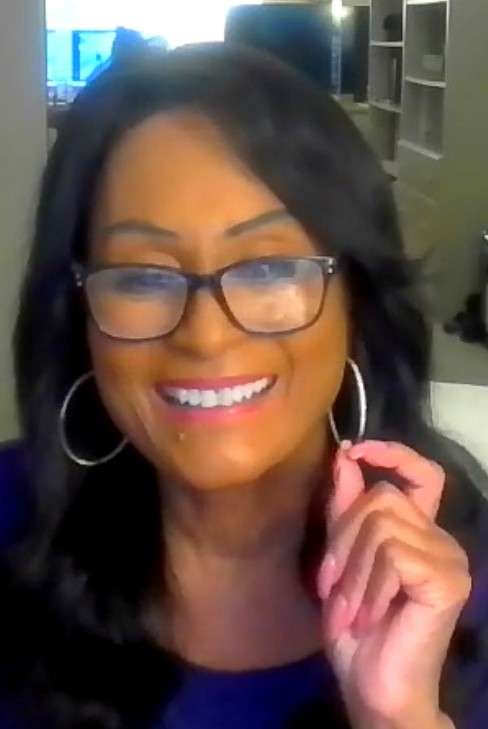Having an estate plan is a smart idea for several reasons. One reason is that YOU get to decide what happens to your money and property when you die. Without a plan, the state where you live determines how your assets are distributed. And you might not like the choices the state makes. Sometimes people don’t invest in estate planning because they do not understand the nuances between a will and trust or dying without either.
Here are generally your options when you pass away:
In the following example, let’s assume you are a single parent with two kids.
Again, if you die with a will or a trust, you have decided to control what happens to your assets after you pass away.
Will. If you die with a valid will, your assets must go through probate. That includes all your accounts, real property, tangible personal property, and any intangible assets you own. The first to be paid are the creditors. After your creditors are paid, the balance (if there’s any) goes to anyone you specifically named in your will. In a will, you can appoint a guardian for your two kids. If you have family, friends, and charities you want to give money to, a will allows you to do that.
Takeaway: The probate court oversees the process, but with a will, you get to tell the court what to do. One thing of note, probate is a public process, so your will is not private.
Trust. You control your estate plan, accounts, and property if you create a trust. One of the most important benefits of a trust is that it’s private. To be valid, the trust must be funded with assets, and all assets must be properly titled in the name of the trust. You will still need a will. A will part of the trust-based estate plan is called a pour-over will. It captures anything not tilted correctly in the name of the trust.
Takeaway: A trust lets you retain control of your valuable assets through your trustee, avoid probate, and leave specific instructions so that your children are taken care of. With a trust, you can define when and how your kids will receive their distributions. This is especially important if your kids are minors or not equipped to receive a large sum of money at once.
Intestate. We call that dying intestate if you die without a will or a trust. Here, your assets, including your homes, rental property, unimproved land, tangible personal property, intangible items, and any financial accounts, will go through probate. That means anyone can discover what you own, what you owe, and who gets what. Your creditors will be the first to collect. Since your passing was published, your unprotected estate has become a feeding ground for fake creditors. Then state law determines who gets what is left.
If your children are your only heirs and you haven’t provided instruction for their care, a guardian will be appointed for your minor child. Some guardians charge a lot of money which might eat into your assets. And because you didn’t make allowances beforehand, the court could appoint someone you would never have chosen to raise your minor child. Is that what you want – a stranger raising your child?
Takeaway: Dying intestate allows state law and the court to make all the decisions on your behalf, regardless of your intent. Publicity is guaranteed.

Francine D. Ward
Attorney-at-Law, Author, Speaker
Follow Francine:
Don’t miss Francine’s Latest Blogs:
- Life PillarsLife Pillars — A New Beginning Life Pillars. A New Beginning. With every new year, folks feel the pressure to start afresh. There is a desire to reinvent themselves, to… Read more: Life Pillars
- End of Year ReflectionsEnd of year reflections. As 2025 came to an end, I found myself thinking about what was important to me. What kept rising to the surface were spirituality and service.… Read more: End of Year Reflections
- Living Life on PurposeLiving Life on Purpose I just turned 73 and found myself reflecting on my life, in light of all that’s happening around me. It wasn’t about being dramatic or thinking… Read more: Living Life on Purpose
- Declutter Home.From Chaos to Calm: Why Decluttering is a Gift to Yourself and Your Family Declutter home. How often do we think of decluttering as simply “cleaning up” a messy or… Read more: Declutter Home.
- snapshot of youA Snapshot of YOU! Health and Finance, a snapshot of you. This is another blog addressing Part 3 of the Esteemable Acts Vision and Values Worksheet Series. It is your… Read more: snapshot of you

